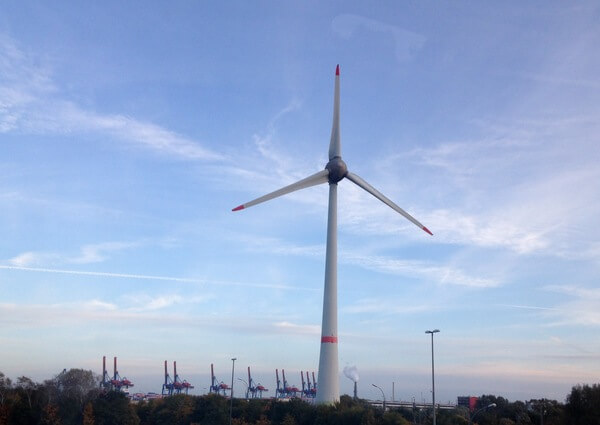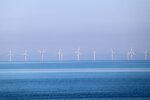News Release from windfair.net
Wind Industry Profile of
G20 Summit: Focus on Climate Protection and Energy Transition
Preparations in Hamburg are underway. On Friday and Saturday, the heads of state and governments of the world's largest industrialized nations will meet here for the G20 summit. Together, these 20 nations consume 77% of the world's energy and also generate 80% of their CO2 emissions, as German environmental organization Deutsche Umwelthilfe pre-calculates. As a result, demands for a special commitment to climate protection and a quicker energy transition.are getting louder.
Given the fact that US President Donald Trump will be among the guests, it is all the more important for the other 19 heads of state to insist on the implementation of the Paris Climate Agreement, if necessary without the Americans. In order to reinforce the demand, more than 45 foundations from 12 countries have joined forces to form the 'F20' this week. Together, the foundations have assets of a double-digit billions of dollars. "For a transformation that leaves no one behind", F20 wants to ensure a dialogue between politicians, business and civil society.

Dr. Michael Otto, businessman and chairman of the Michael Otto Foundation for Environmental Protection, takes a stand against Trump’s policy: "President Trump may reject the Paris Agreement, but he cannot stop the economic momentum behind climate action.”
Environmental and development organization Germanwatch also has clear demands for the summit. Klaus Milke, Chairman of Germanwatch, emphasizes the global responsibility of the G20 participants: "The G20 is not the forum to create international rules. The legitimate place for this is the UN where the poor and vulnerable countries have a voice. But the G20 has a special responsibility to comply with the new international rules. This is where the largest economies, the largest resource users and the biggest climate destroyers meet – and they have to implement the agreed objectives and arrangements. It is about the fight against poverty, the implementation of human rights, the containment of the climate crisis."

Wind turbine in the port of Hamburg (Photo: Katrin Radtke)
A particular role is played by the host country, Germany, currently also presiding the G20. Germany has many years of experience with the expansion of renewable energies and serves as a positive example of the fact that an industrialized nation does not lose its economic power through the energy transition. “Germany should be ambitious, and demonstrate with a successful energy transition that transforming to a climate-friendly and sustainable economy is feasible,” says Dr. Lars Grotewold, Director Centre for Climate Change at Stiftung Mercator.
However, the national climate protection commitments have not yet been sufficient in any participating country to achieve the Paris targets of a maximum global warming of 2 degrees Celcius and a reduction in CO2 emissions. There is still a lack of commitment to a fast coal exit, which would give the energy sector a much needed push at this stage. Instead, the figures of a new study by Greenpeace show how far e.g. Germany is lagging behind its own demands: With 46 billion euros, the German state subsidizes gasoline, coal, oil and natural gas every year, and thus continues to fuel climate change.
In this respect, Angela Merkel should consider until Friday whether she would really like to act as a climate chancellor before the other heads of government – above all Donald Trump – or whether it is not finally time for the words to be followed by deeds.
- Author:
- Katrin Radtke
- Email:
- press@windfair.net
- Keywords:
- G20, summit, Hamburg, Germany, Donald Trump




























